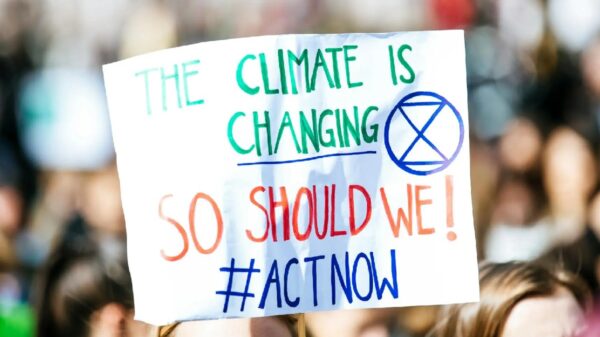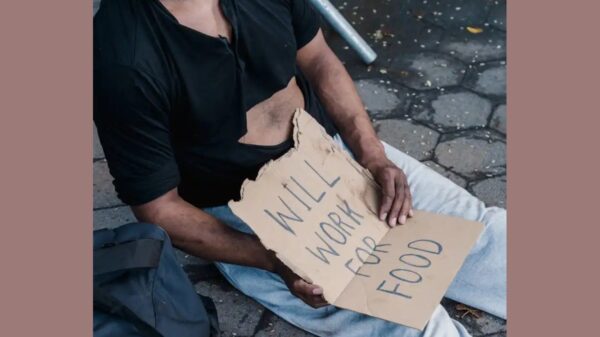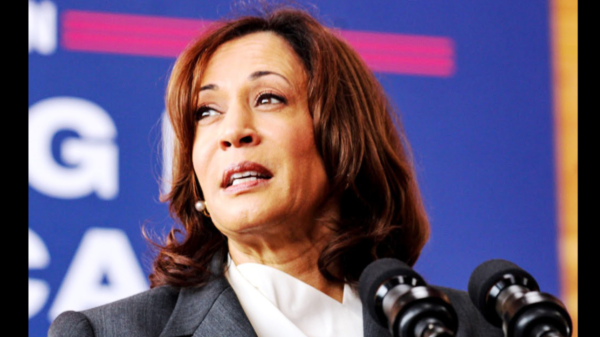
By Dr. Julianne Malveaux
There is lots of great news in the June Employment Situation report (https://www.bls.gov/news. release/empsit.nr0.htm). Eight hundred and fifty thousand jobs were created! And while the unemployment rate remained essentially unchanged at 5.9 percent, the labor market is showing signs of life.
The Biden-Harris administration doesn’t mind crowing about it, either, noting that the three million jobs that have been created since they took office in late January is the best running start that any administration has experienced in modern history.
The legislation that has pumped money into the economy and quickened the pace of COVID vaccinations is working, even though the vaccination pace has slowed and the administration has missed its July 4 goal of two million vaccinations.
A careful look at the data, though, show that a rising tide doesn’t lift all boats, and in the boat called this economy, some folks are riding and some are rowing. Some are enjoying the benefits of economic recovery, while others are waiting for the benefits to trickle down. The pace of recovery, not unsurprisingly, has been more rapid for whites than for African Americans.
The unemployment rate for whites dropped from 10.1 percent a year ago to 5.2 percent last month, a reduction by almost half. In contrast, the Black unemployment rate was 15.3 percent in June of 2020, and it dropped to 9.2 percent last month – a less steep drop than the white rate.
White women’s unemployment rate more than halved from 10.7 percent to 5 percent, while Black women’s rate dropped from 14.1 percent to 8.5 percent, a reduction of 65 percent, which is much lower than the 114 percent reduction white women experienced.
The uneven rate of recovery is a pothole that the Biden-Harris team must acknowledge. It isn’t enough to talk about equity. Solid propos- als to both close the unemployment rate gap and to increase the pace of recovery among African Americans is imperative.
We haven’t fully studied the ways COVID affected Black people, but the fact that fully half of all African Americans were not working in June 2020 is illustrative (45 percent of whites were not working).
How does one recover from long-term unemployment. To its credit, Congress put money in people’s pockets last year, and the Biden-Harris administration has followed up with significant legislation to assist those economically affected by the pandemic.
Some of the protections are expiring, though, including the protection against eviction. People are simply camping out on the street because housing has become unaffordable and they have nowhere to go. This problem will get worse before it gets better.
Meanwhile parsimonious members of Congress raise the possibility of inflation as a reason to offer less relief to those who are in economic distress. It is delightfully true that wages are rising, up by more than 3 percent last month.
But the myth of labor shortages is exactly that, a myth. The reality is that the pandemic forced people to reevaluate their work and family choices, with many women choosing to stay home instead of returning to work because of limited child care options.
Others are rethinking work, especially when their old jobs required 60 or 80 hour workweeks. The Biden-Harris focus on caregiving jobs and the human infrastructure is most welcome now.
Inflation is certainly real, especially in some sectors. That’s partly because of pandemic uncertainty and poor forecasting. Who knew that the Biden-Harris team could get shots in arms so quickly that the nation is opening back up?
Who knew, American Airlines, that passengers were so eager to get out of their homes and into the unfriendly skies that they’d fill seats on planes to the brim? I think inflation will shake out in a few months as people, in some cases motivated by incentives, return to work.
The Biden-Harris team has much to celebrate. Unfortunately, the uneven pace of recovery means that Black America has less to rejoice about. President Biden says he has Black America’s back. Now is the time to prove that by closing gaps, and increasing the pace of recovery for those who elected him.
Dr. Julianne Malveaux is an economist, author, media contributor and educator. Her latest project MALVEAUX! On UDCTV is available on youtube.com. For booking, wholesale inquiries or for more info visit www.juliannemalveaux.com.









You must be logged in to post a comment Login